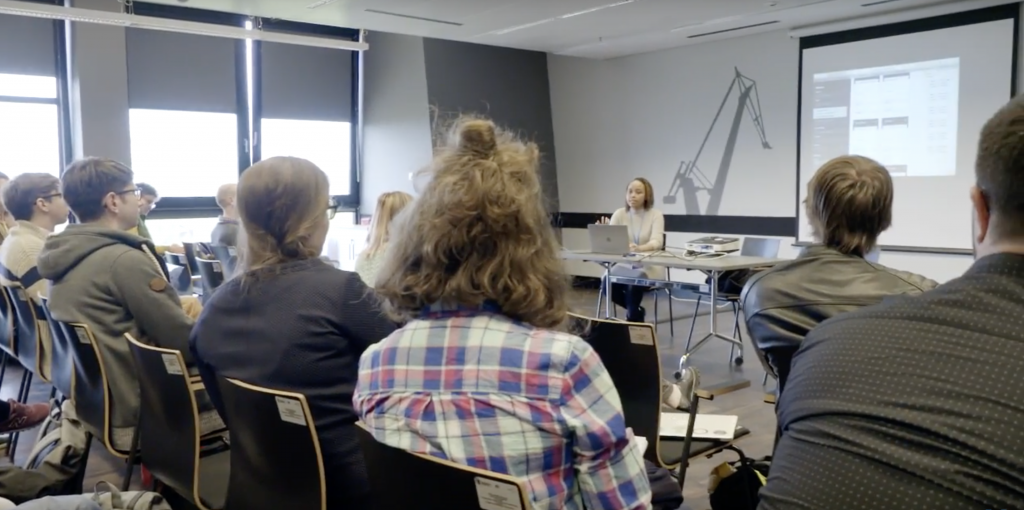We are excited to announce that Open Knowledge International has received a grant of $750,000 from The Alfred P. Sloan Foundation for our project “Frictionless Data for Reproducible Research”. The new funding from Sloan enables us to continue work over the next 3 years via enhanced dissemination and training activities, as well as further iteration on the software and specifications via a range of deep pilot projects with research partners.
With Frictionless Data, we focus specifically on reducing friction around discoverability, structure, standardization and tooling. More generally, the technicalities around the preparation, validation and sharing of data, in ways that both enhance existing workflows and enable new ones, towards the express goal of minimizing the gap between data and insight. We do this by creating specifications and software that are primarily informed by reuse (of existing formats and standards), conceptual minimalism, and platform-agnostic interoperability.
Over the last two years, with support from Sloan and others, we have validated the utility and usefulness of the Frictionless Data approach for the research community and found strong commonalities between our experiences of data work in the civic tech arena, and the friction encountered in data-driven research. The pilots and case studies we conducted over this period have enabled us to improve our specifications and software, and to engage with a wider network of actors interested in data-driven research from fields as diverse as earth science, computational biology, archeology, and the digital humanities.
Building on work going on for nearly a decade, last September we launched v1 of the Frictionless Data specifications, and we have produced core software that implements those specifications across 7 programming languages. With the new grant we will iterate on this work, as well as run additional Tool Fund activities to facilitate deeper integration of the Frictionless Data approach in a range of tools and workflows that enable in reproducible research.

A core point of friction in working with data is the discoverability of data. Having a curated collection of well-maintained datasets that are of high value to a given domain of inquiry is an important move towards increasing quality of data-driven research. With this in mind, we will also be organising efforts to curate datasets that are of high-value in the domains we work. This high-value data will serve as a reference for how to package data with Frictionless Data specifications, and provide suitable material for producing domain-specific training materials and guides.
Finally, we will be focussing on researchers themselves and are planning a programme to recruit and train early career researchers to become trainers and evangelists of the tools in their field(s). This programme will draw lessons from years of experience running data literacy fellowships with School of Data and Panton Fellowships for OpenScience. We hope to meet researchers where they are and work with them to demonstrate the effectiveness of our approach and how our tools and bring real value to your work.

Are you a researcher looking for better tooling to manage your data? Do you work at or represent an organization working on issues related to research and would like to work with us on complementary issues for which data packages are suited? Are you a developer and have an idea for something we can build together? Are you a student looking to learn more about data wrangling, managing research data, or open data in general?
We’d love to hear from you. If you have any other questions or comments about this initiative, please visit this topic in our forum, hashtag #frictionlessdata or speak to the project team on the public gitter channel.
The Alfred P. Sloan Foundation is a philanthropic, not-for-profit grant-making institution based in New York City. Established in 1934 by Alfred Pritchard Sloan Jr., then-President and Chief Executive Officer of the General Motors Corporation, the Foundation makes grants in support of original research and education in science, technology, engineering, mathematics and economic performance.
Paul is the CEO at Datopian









